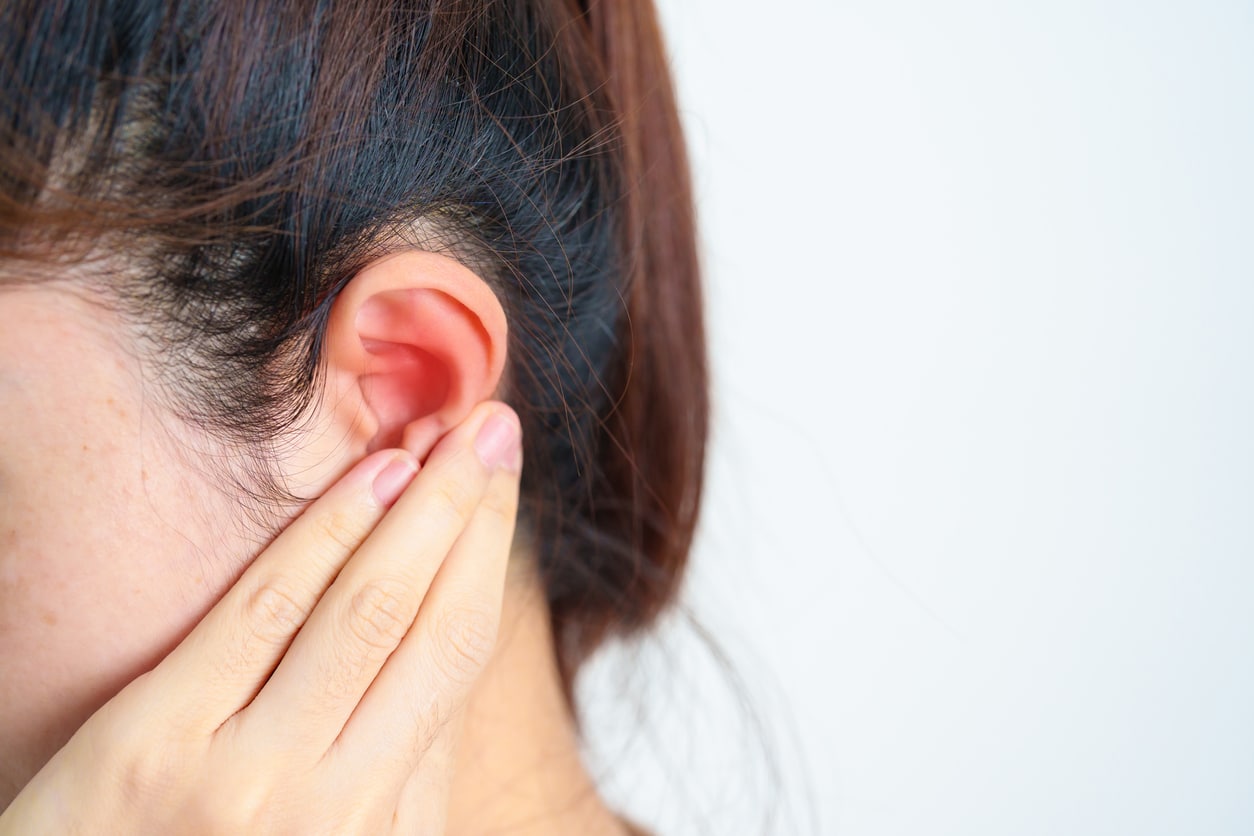Tinnitus, or the perception of ringing, buzzing or other sounds that aren’t present, often affects both ears. However, some people experience it in only one ear, a condition known as unilateral tinnitus.
Nearly 10% of the U.S. population has experienced tinnitus lasting at least five minutes in the past year. For the people of Santa Fe, where high altitudes and unique environmental factors may influence ear health, understanding the causes and treatment options is essential.
Common Causes of Unilateral Tinnitus

Tinnitus in one ear can result from various medical conditions, environmental influences or hearing issues. Some common causes include:
- Ear Infections and blockages: Excess earwax and trapped fluid can cause blockages leading to tinnitus symptoms.
- Hearing loss: Age-related hearing loss and prolonged exposure to loud noises, such as those from music venues like Ghost Music Venue, can impact the inner ear and contribute to tinnitus.
- Ménière’s disease: A disorder that affects the fluid balance in the inner ear, potentially causing tinnitus, vertigo and hearing loss.
- Head or neck injuries: Trauma to these areas can disrupt the auditory system, resulting in unilateral tinnitus.
- Blood vessel disorders: Irregular blood flow near the ear can create pulsatile tinnitus, which manifests as a rhythmic pulsing or whooshing sound.
Managing Tinnitus Symptoms
If you experience persistent tinnitus in one ear, it’s important to see a hearing specialist. Hearing specialists can perform hearing tests, imaging scans and blood flow assessments to best determine the cause of unilateral tinnitus and recommend management options.
Management options vary depending on the cause and may include:
- Earwax removal or infection treatment: Clearing blockages may alleviate tinnitus symptoms.
- Hearing aids: For those with hearing loss, these devices can improve sound perception and reduce tinnitus impact.
- Sound therapy: White noise machines or customized sound treatments can help mask tinnitus.
- Medical or surgical interventions: In cases involving medical conditions, targeted treatment may be necessary.
If you experience tinnitus symptoms in one or both ears, consult a hearing specialist. Contact Southwestern Hearing & Balance today to schedule a consultation.
